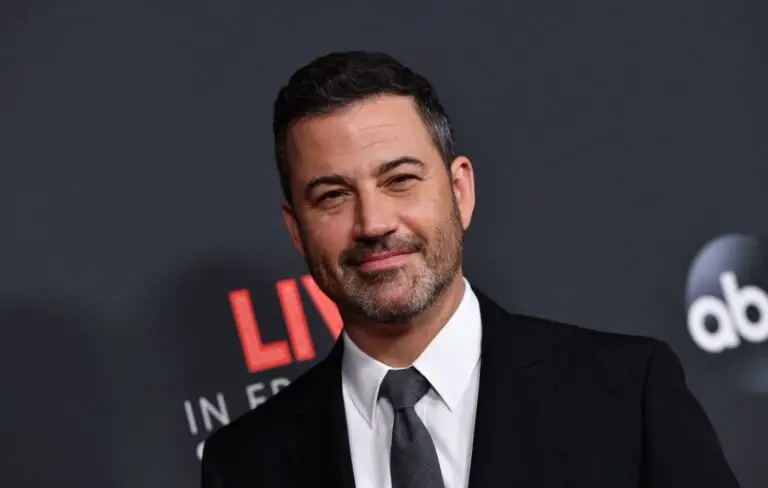WASHINGTON — The already fragile relationship between politics and entertainment erupted this week after ABC abruptly suspended Jimmy Kimmel’s late-night program, citing fallout from his remarks on the killing of conservative activist Charlie Kirk.
The decision triggered an uproar from fellow hosts, media observers, and free speech advocates, who cast the move as evidence of mounting political pressure on broadcast outlets.
Networks Under the Spotlight
The suspension followed threats from Federal Communications Commission (FCC) chairman Brendan Carr, who suggested ABC affiliates risked losing their licenses if they continued to air Kimmel’s show. President Donald Trump, returning from a trip abroad, backed Carr’s stance and renewed his attacks on network comedy.
“All they do is go after Trump,” the president told reporters aboard Air Force One. “Maybe their licenses shouldn’t exist at all.”
Comedians Push Back
Stephen Colbert, himself facing cancellation of his Late Show next year, opened Thursday’s broadcast in solidarity with Kimmel. “When power threatens to silence criticism, we are all in danger,” Colbert warned, calling ABC’s move “a textbook case of censorship.”
Jon Stewart, adopting a darker satirical tone, mockingly referred to himself as the “state-approved” host of The Daily Show. He suggested the administration’s fixation on late-night satire might mask “a broader campaign to consolidate authority and intimidate dissent.”
Shifting Economics, Shrinking Audiences
While politics has sharpened the debate, late-night comedy has already been fighting for relevance. Ratings have steadily declined in the era of streaming and cord-cutting, with advertisers following audiences elsewhere.
Industry trackers show that ad spending across the big three networks’ late-night slots has nearly halved since 2018 — a financial reality that executives point to when defending cancellations.
The Bigger Picture
What once stood as nightly cultural touchstones are now vulnerable franchises caught between hostile politics and shifting economics. Whether Kimmel returns, or Colbert and Stewart remain immune to further cuts, one fact is clear: the space late-night television once occupied is shrinking — and increasingly subject to forces far beyond the writers’ room.

